By Bafana Phalane
The recent public exchange of accusations between Rwandan President Paul Kagame and South African President Cyril Ramaphosa over the ongoing conflict in the Democratic Republic of Congo (DRC) has significant implications for regional stability and peace in Africa. Kagame’s Twitter outburst, in which he accused South Africa of “distortion, deliberate attacks, and even lies,” was reckless and unpatriotic, and should be condemned by all African leaders.
The DRC has been a battleground for numerous armed groups for decades, with the eastern region being particularly volatile. The latest surge in violence has been fuelled by the resurgence of the M23 rebel group, which has been accused of human rights violations, displacing civilians, and destabilizing the region. The Rwandan government has repeatedly been accused of supporting M23, a claim Kigali denies, but mounting evidence from various international organizations suggests otherwise.
South Africa, as a leading force in African peacekeeping, has played a critical role in attempting to stabilize the DRC. The deployment of South African National Defence Force (SANDF) troops under the Southern African Development Community (SADC) peacekeeping mission has been a vital effort to restore order. The SANDF’s involvement in the region is commendable, and their commitment to peacekeeping shows South Africa’s dedication to regional stability.
Paul Kagame is known for his assertive and often confrontational leadership style. His branding of SADC peacekeepers as “belligerent forces” is alarming, as it undermines a mission that has been crucial in curbing violence in the DRC. If Rwanda continues its aggressive rhetoric and support for M23 rebels, the situation could worsen, pushing the region closer to full-scale war.
Unlike Kagame, Cyril Ramaphosa has taken a more measured approach, reaffirming South Africa’s commitment to peacekeeping efforts in the DRC. His government has urged the international community to hold those responsible for fuelling the conflict accountable. However, South Africa’s position as a peacemaker has been challenged by Kagame’s accusations, raising concerns about the effectiveness of its diplomatic efforts.
The international community has long been aware of Rwanda’s alleged involvement in the DRC conflict. Reports from the United Nations, U.S. Senate Foreign Relations Subcommittee, and European Union have repeatedly pointed to Rwanda’s support for M23. The United States and the United Kingdom have previously expressed concerns, urging Rwanda to cease its backing of rebel groups.
Both Kagame and Ramaphosa must recognize that their ongoing dispute only exacerbates tensions and detracts from the real issue: peace in the DRC. Instead of engaging in a war of words, they should engage in high-level diplomatic talks to address their differences. A few key steps can help prevent further escalation:
Immediate Diplomatic Engagement: Direct talks between Rwanda and South Africa, facilitated by the AU or an impartial mediator, should take place to de-escalate tensions and create a pathway for cooperation. Independent Investigation into M23’s Alleged Ties to Rwanda: An independent commission led by the UN and AU should investigate Rwanda’s alleged involvement with M23 rebels and present clear findings to hold accountable any parties found guilty of supporting the conflict. Reinforcement of Peacekeeping Efforts: The role of SADC and MONUSCO (UN peacekeeping mission in DRC) should be strengthened, with clear mandates and increased support from the African Union to stabilize the region effectively. Commitment to a Peace Process: Both Rwanda and South Africa should commit to regional peace talks involving all stakeholders, including the DRC government, to find a long-term solution to the crisis.
The DRC conflict has already claimed too many lives and displaced millions. It is imperative that African leaders prioritize diplomacy over aggressive rhetoric. Kagame’s threats and accusations may serve political interests in the short term, but they do nothing to promote lasting peace. Similarly, Ramaphosa must remain steadfast in advocating for stability and not be drawn into unnecessary confrontations.
Rwanda and South Africa have a responsibility, not just to their nations but to the entire continent, to act with wisdom and restraint. Africa has a long history of external interventions in its conflicts; this is an opportunity for the continent to take charge of its own peacebuilding efforts. Kagame and Ramaphosa must lead by example, setting aside personal and political differences to work toward a peaceful and stable Africa.
The time for action is now. Dialogue must replace threats, and diplomacy must take precedence over conflict. The future of the DRC—and regional stability
Rwandan President Paul Kagame’s recent Twitter outburst, in which he accused South African President Cyril Ramaphosa of “distortion, deliberate attacks, and even lies,” has brought to the forefront the dangers of Kagame’s reckless ambition. His aggressive rhetoric and alleged support for the M23 rebel group in the Democratic Republic of Congo (DRC) have significant implications for regional stability and peace in Africa.
Kagame’s leadership style, marked by authoritarianism and a disregard for human rights, has been widely criticized. His government has been accused of suppressing dissent and opposition, with critics facing harassment, intimidation, and even assassination. Kagame’s Twitter outburst is just the latest example of his inability to engage in constructive dialogue and his preference for aggressive rhetoric.
The DRC conflict, fuelled by the resurgence of the M23 rebel group, has been exacerbated by Kagame’s alleged support for the group. The Rwandan government has repeatedly denied these allegations, but mounting evidence from various international organizations suggests otherwise. Kagame’s actions have been condemned by several international leaders, including US Senator Chris Coons, who stated that “Rwanda’s involvement in the DRC is well-documented, and it’s clear that they’ve been supporting the M23.”
Kagame’s branding of SADC peacekeepers as “belligerent forces” is alarming, as it undermines a mission that has been crucial in curbing violence in the DRC. His actions have also been criticized by other African leaders, including Ugandan President Yoweri Museveni, with whom Kagame has a long-standing rivalry.
In contrast to Kagame’s aggressive rhetoric, South African President Cyril Ramaphosa has taken a more measured approach, reaffirming South Africa’s commitment to peacekeeping efforts in the DRC. His government has urged the international community to hold those responsible for fuelling the conflict accountable.
The international community has long been aware of Rwanda’s alleged involvement in the DRC conflict. Reports from the United Nations, U.S. Senate Foreign Relations Subcommittee, and European Union have repeatedly pointed to Rwanda’s support for M23. The United States and the United Kingdom have previously expressed concerns, urging Rwanda to cease its backing of rebel groups.
Kagame’s actions have made it clear that he is more interested in pursuing his own ambitions than in working towards a peaceful resolution to the conflict. His Twitter outburst was a reckless and unpatriotic act that should be condemned by all African leaders. Instead of engaging in a war of words, Kagame should engage in high-level diplomatic talks to address the concerns of the international community.
Paul Kagame’s reckless ambition is a threat to regional stability and peace in Africa. His aggressive rhetoric and alleged support for the M23 rebel group have exacerbated the conflict in the DRC. The international community must condemn Kagame’s actions and urge him to engage in diplomatic efforts to resolve the conflict.
Kagame’s leadership style is a relic of the past, and it is time for him to adapt to the changing realities of African politics. The African Union and regional organizations must take a strong stance against Kagame’s aggressive behaviour and work towards a peaceful resolution to the conflict.
Bafana Phalane: Founder & Editor @ Maverick Point


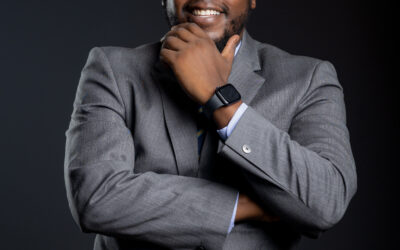
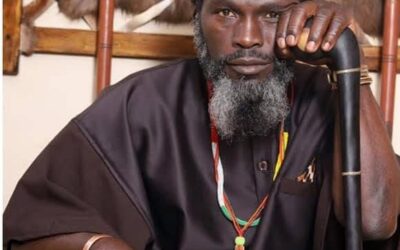

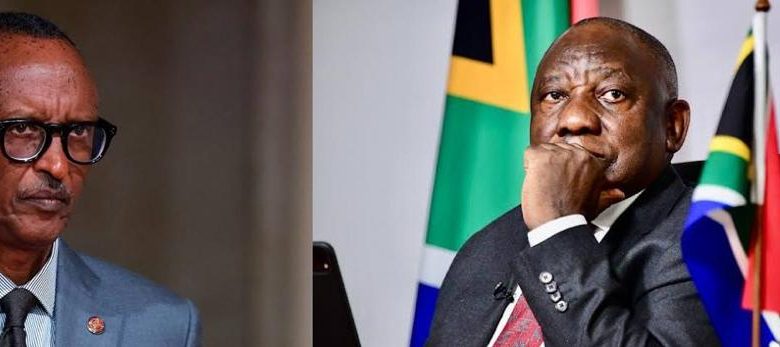
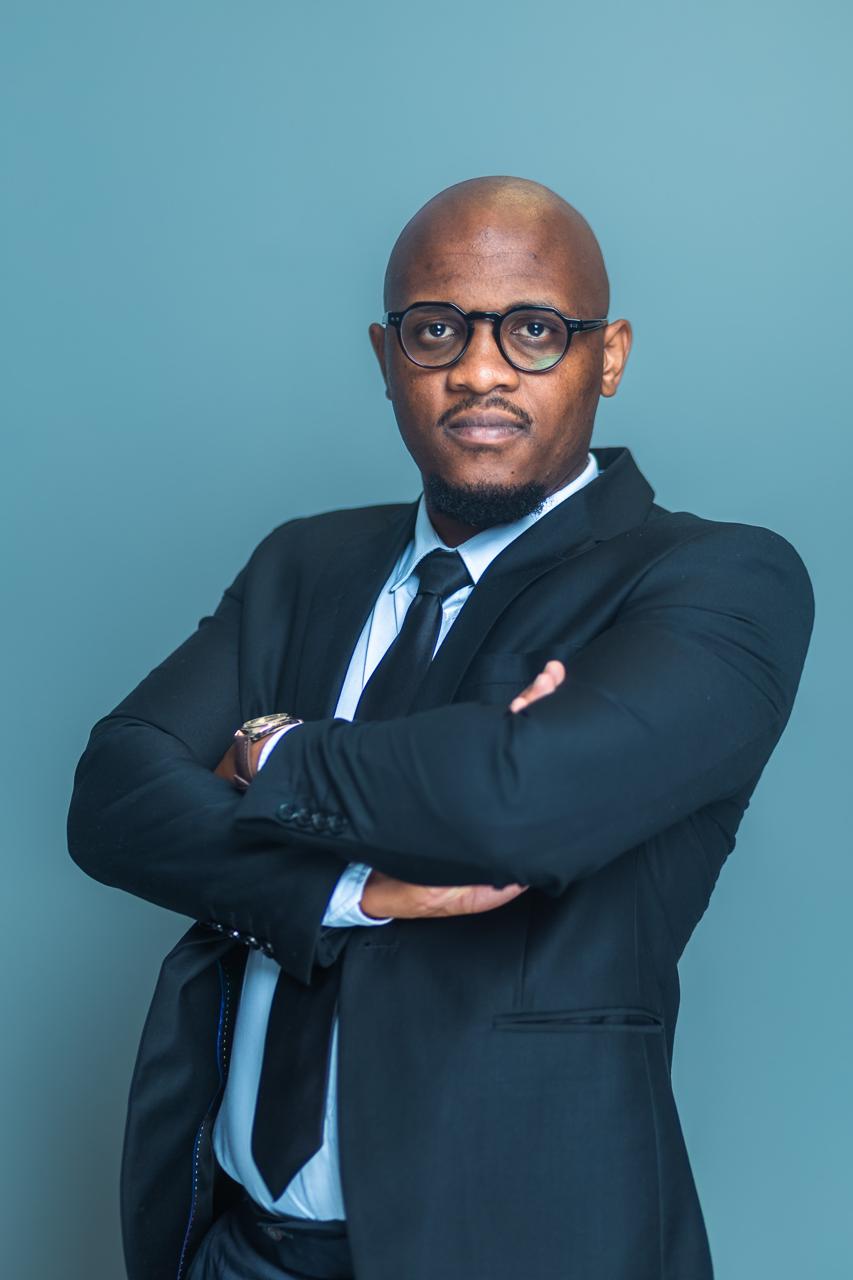
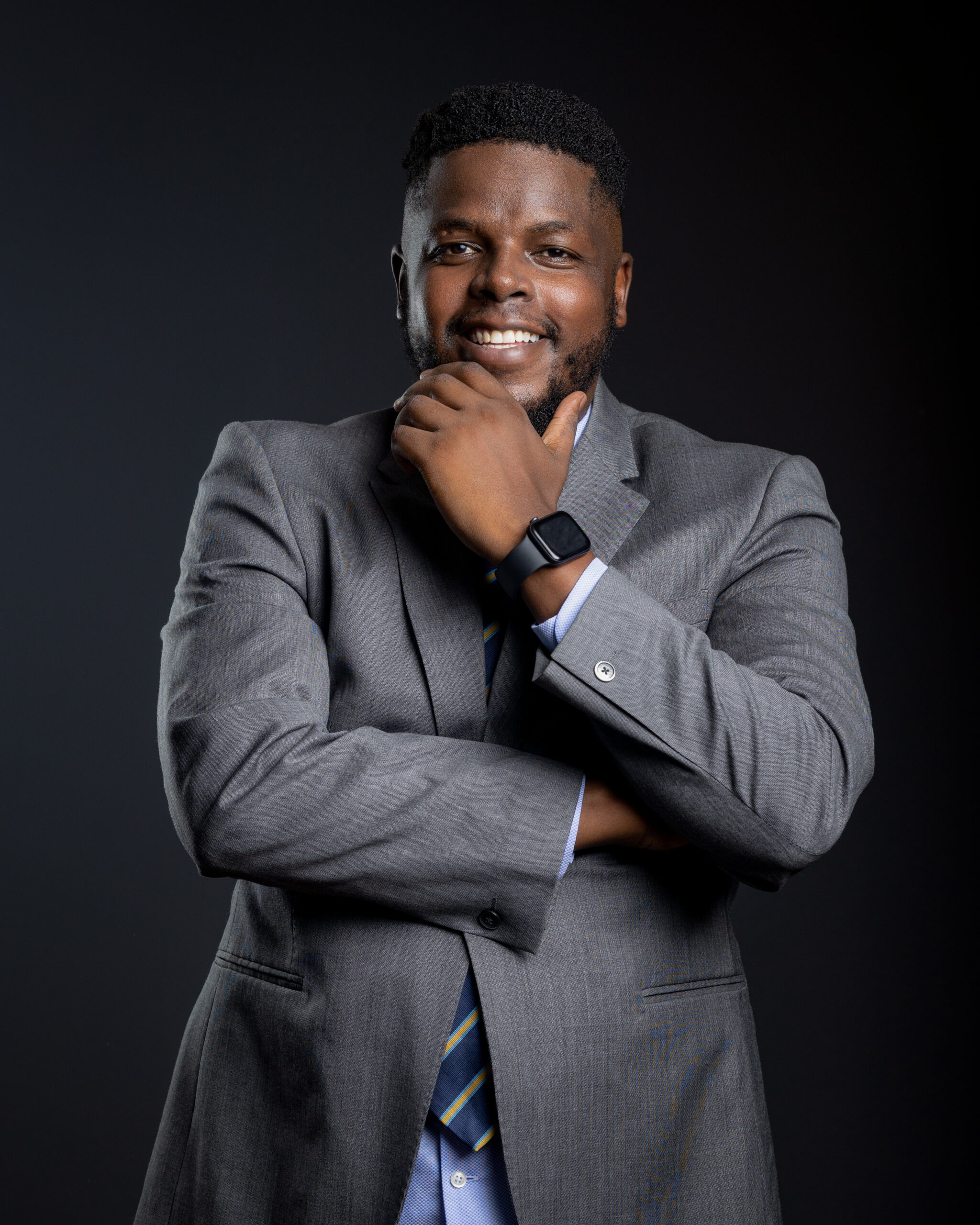
13 thoughts on “Kagame’s Reckless Call for War”